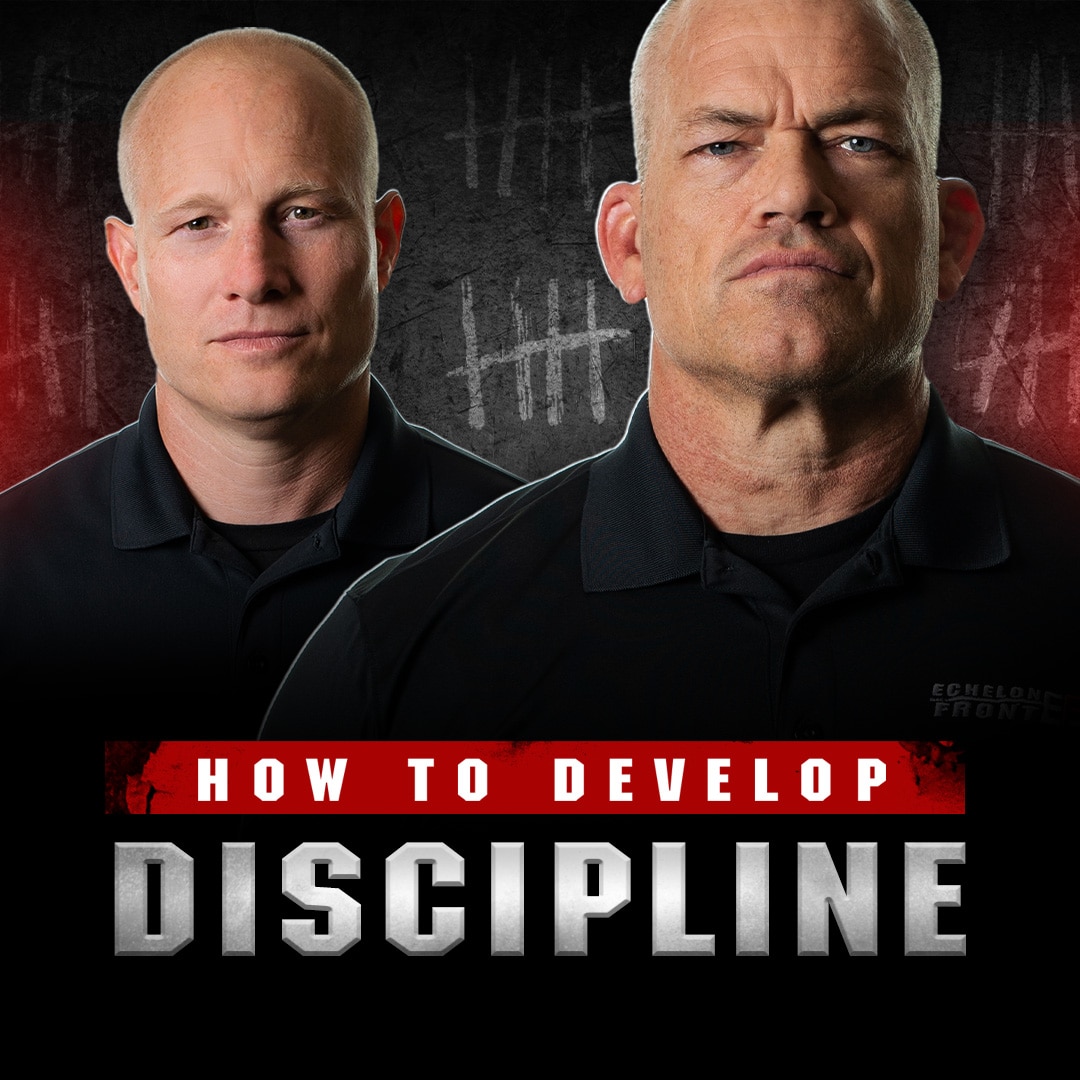Knowing how to practice self-discipline is a highly sought-after skill. We all see the benefits that discipline can provide. Yet, mastering self-discipline is a daunting task. It requires effort, patience, time, and sacrifice, which typically deter us from implementation. This essential skill can transform your personal and professional life, leading to tremendous success and fulfillment. Here’s a guide on practical ways to develop and maintain self-discipline.
Establish Your “Why”
Why do you want self-discipline? The answer you provide will be the foundation of your potentially new skill. A weak why will be a weak foundation, which, when hit with resistance, excuses, and everything life throws at you will crumble and not last. A strong why, a strong foundation, typically can withstand the trials that lie ahead.
Example “Why”: I want the skill of self-discipline so I can achieve a healthier lifestyle and be around for my kids when they are older.
Start With the Little Things
How can I practice self-discipline? When I first joined the Marines, I quickly learned what discipline looked like. Beds made, crisp uniform, sharp shave, all things were expected day in and day out. These were all small tasks but essential tasks. Eventually, with the aid of time, the small stuff became second nature. There wasn’t a thought behind it; there wasn’t any pushback, just a task that needed to get done. Discipline was created. Once the habit was formed, it was easy for me to translate that over to the other aspects of my life (fitness, health, lifestyle).
Start small with the intent of forging the habit. Once mastery has been achieved, we move on to the bigger and more demanding things in which we want discipline to play a role.
Learn to Say No
Self-discipline is not a natural tendency. For most of us, the path of least resistance is what we like. We want the shortcut, we want the handout, we want the easy path. We want to hit the snooze button, eat the donut, and binge-watch Netflix.
When you are on the path, you will be met with choices. You have a choice when you wake up in the morning. Should I hit the snooze button? No. Should I eat the jelly donut? No. Should I skip the gym for the 5th day in a row? No.
Discipline is sacrificing what you want now for what you want most. Saying no to yourself, saying no to your wants to achieve your needs, is one thing. Saying no to friends and family who aren’t aligned with your why and saying no to specific situations and environments is often much more challenging.
Leverage the World You Live In
We live in a world where most of us can get the answer to any question at the click of a button. The amount of information that is out there is astonishing. The number of tools and apps that we have access to is impressive. Why not use them? Alarms, calendars, workout trackers, food calculators, the list is endless. These are all tools we can leverage to help us get where we want to go.
Surround yourself with people who are doing the right thing. Surround yourself with people who align and will push you to achieve what you want most. Self-accountability is hard, but peer accountability is something we should all look for and utilize. Whether it is social media, friendships, or your spouse or kids – have the conversation on what you are doing and why. Ask for some accountability, ask for some help.
Overcoming Challenges and Setbacks
Part of learning how to practice self-discipline involves handling challenges and setbacks effectively. Understand that obstacles are part of the journey and use them as opportunities for growth. Establishing new habits and new tendencies doesn’t happen overnight. Don’t let one slip-up derail your plan or program. Things happen, and that’s okay. Learn from your mistakes, put contingency plans in place to mitigate the slip-ups from happening again.
Conclusion
In summary, practicing self-discipline is about establishing your why, implementing discipline in the small things, learning how to say no, leveraging the tools and people we have in our lives, and overcoming challenges and setbacks., establishing. By integrating these practices into your daily life, you can develop a strong foundation of self-discipline that drives personal and professional success. Just remember, this doesn’t happen overnight. Stay on the path, give this time, and stand by for your results.



